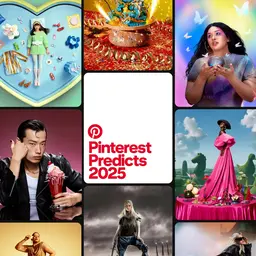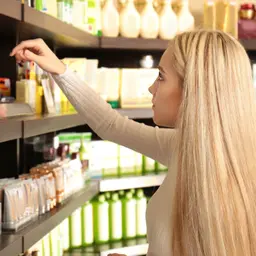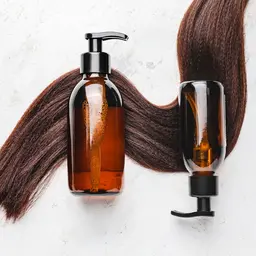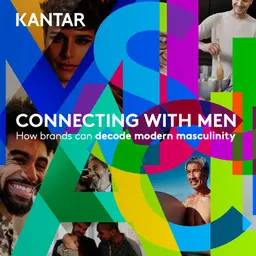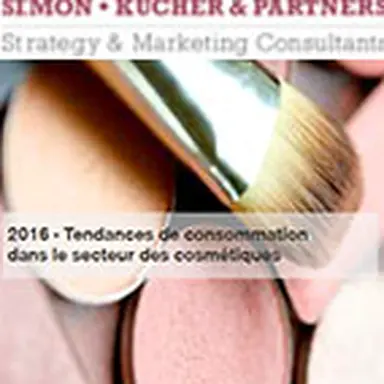
What are the key trends and explanatory factors at the core of cosmetics consumers’ buying act? What are their purchase behaviours, how do they view brands? Where do they buy their products, and how do they react to prices and special offers? On April 14, consulting agency Simon Kucher unveiled the results of their first annual study on consumer trends in the cosmetics industry.
Martin Crépy, Cosmetics, Textile, and Luxury Director at
Simon Kucher consulting agency
, presented the results of this study conducted in February 2016 on the cosmetics market. The survey focused on two of its most evolutionary sectors: makeup and facial care.
1,000 French buyers (sample representative of the French population in terms of age, geography, activity, and income) took part in the survey. They all answered 32 questions divided into four themes: buying habits, customer path and experience, perception of brands, sensitivity to prices and special offers.
For each sector studied, all Top 10 brands in terms of market share were investigated (in alphabetical order):
• Makeup: Bourjois, Chanel, Dior, Gemey Maybelline, Kiko, Lancôme, L'Oréal, Rimmel, Sephora, Yves Rocher
• Facial care: Avène, Clarins, Diadermine, Garnier, La Roche-Posay, L'Oréal, Mixa, Nivea, Nuxe, Yves Rocher
Purchase behaviour
For this first aspect, the study focused on four particular points.
• Usage rate: which products are most present in women’s bathrooms and makeup kits?
• Usage frequency: which products are used on a daily basis?
• Budget: how much do women think they spend on cosmetics every year?
• Buying stimuli: to which factors do women consumers react the most favourably? How does …






